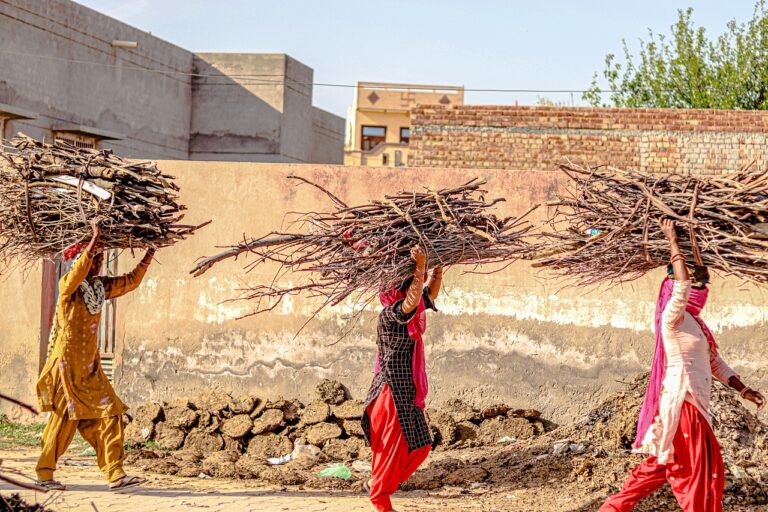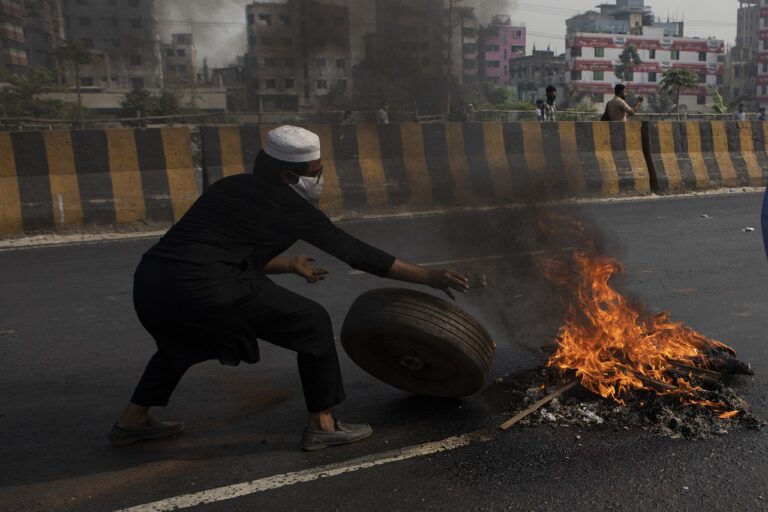How to Create a PAC Outreach Kit: 11xplay online, Indiabet24, Skyfairvip
11xplay online, indiabet24, skyfairvip: Recycling plays a critical role in reducing waste, conserving resources, and protecting the environment. It is a key component of sustainability efforts around the world. Many organizations and individuals are actively involved in recycling programs to promote a greener future.
One important player in these efforts is Political Action Committees (PACs). PACs are organizations formed to raise and spend money to elect and defeat political candidates. While their primary focus is on influencing elections, many PACs also support causes related to environmental conservation, including recycling programs.
The Role of PACs in Recycling Programs
1. Financial Support: PACs often provide financial support to organizations and initiatives dedicated to recycling and promoting sustainable waste management practices. This funding can help these programs expand their reach, improve infrastructure, and increase public awareness.
2. Advocacy: PACs have the power to advocate for policies that support recycling programs at the local, state, and federal levels. By lobbying lawmakers and policymakers, PACs can help create a more favorable regulatory environment for recycling initiatives.
3. Education and Outreach: Many PACs have extensive networks and resources that can be leveraged to educate the public about the importance of recycling and how they can participate in these programs. By raising awareness and promoting best practices, PACs can help increase recycling rates and reduce waste.
4. Collaboration: PACs can facilitate collaboration between different stakeholders, including businesses, government agencies, non-profit organizations, and community groups, to develop comprehensive recycling programs. By bringing together diverse perspectives and resources, PACs can help create more effective and sustainable solutions.
5. Innovation: PACs can support research and development efforts to improve recycling technologies and processes. By investing in innovation, PACs can help drive progress in the field of recycling and find new ways to increase efficiency and reduce environmental impact.
6. Monitoring and Evaluation: PACs can play a key role in monitoring the effectiveness of recycling programs and evaluating their impact on waste reduction, resource conservation, and environmental sustainability. By collecting data and analyzing results, PACs can help identify areas for improvement and ensure that resources are allocated effectively.
In conclusion, PACs have a significant role to play in supporting and promoting recycling programs. Through financial support, advocacy, education, collaboration, innovation, and monitoring, PACs can help advance sustainability efforts and create a more environmentally friendly future.
FAQs
1. How do PACs choose which recycling programs to support?
PACs may consider factors such as the impact of the program, the organization’s track record, alignment with their values and priorities, and potential for collaboration and partnership.
2. What can individuals do to support recycling programs?
Individuals can participate in recycling programs in their communities, educate themselves and others about the importance of recycling, reduce waste, and support organizations and initiatives dedicated to sustainability.
3. How can businesses get involved in recycling efforts?
Businesses can implement recycling programs in their facilities, reduce waste in their operations, support recycling initiatives in their communities, and collaborate with other stakeholders to promote environmental sustainability.







